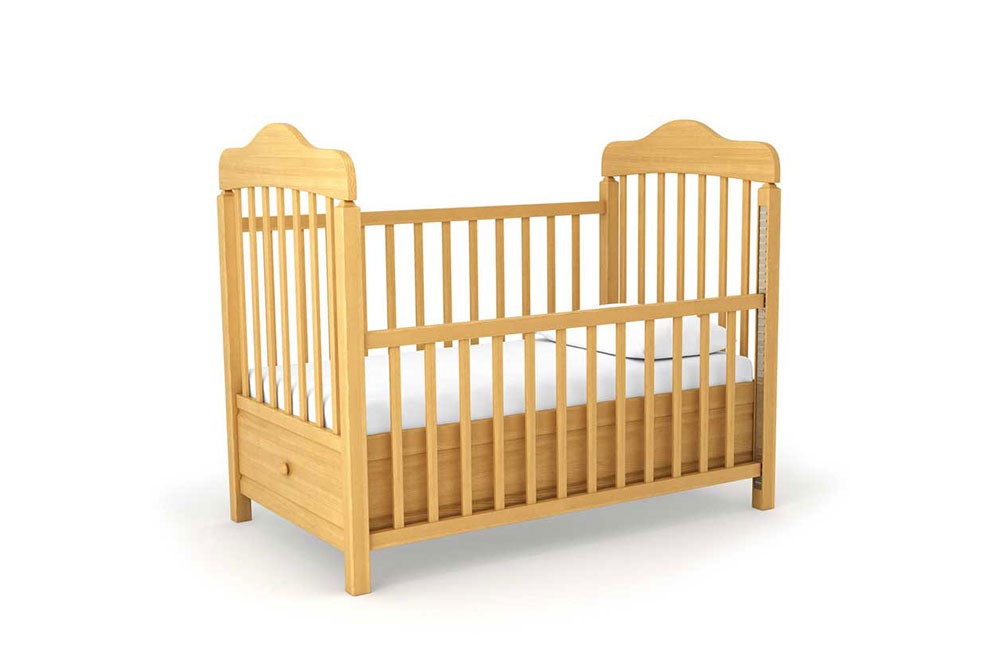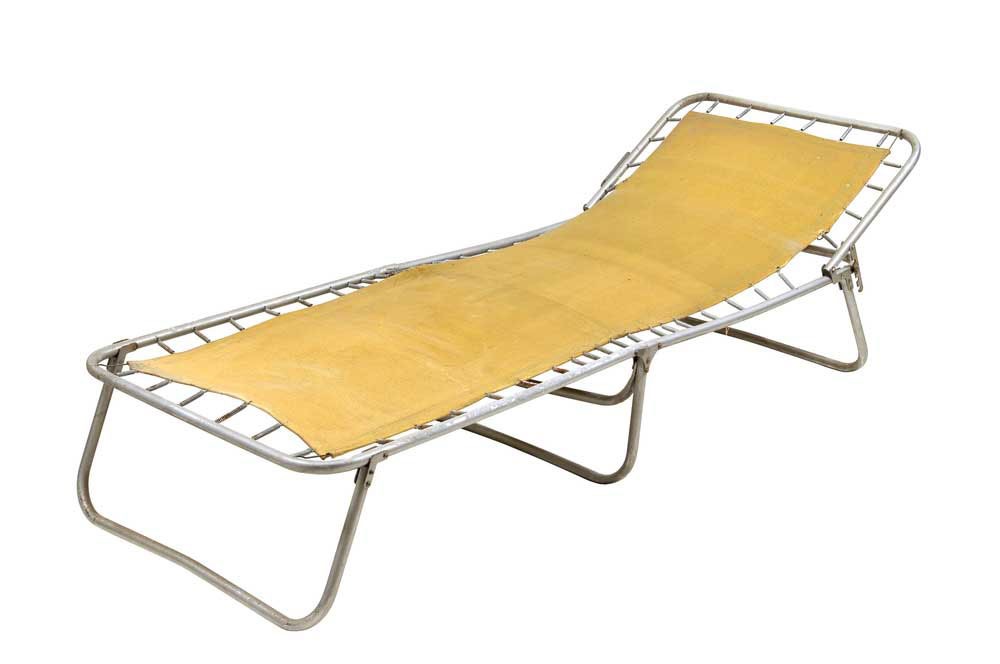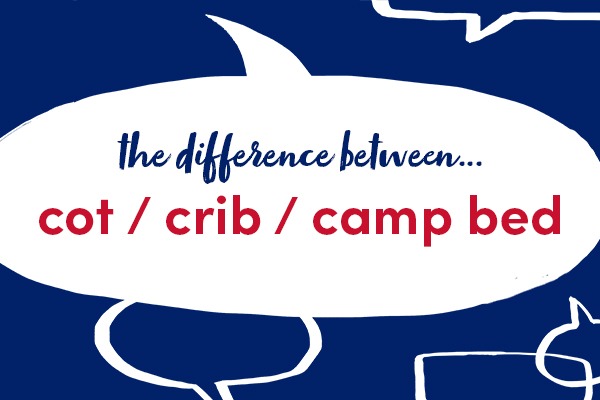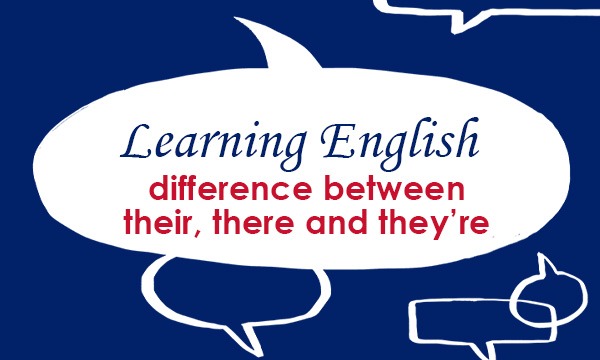This week we are looking at some words which could be confused as they are used differently in British and American English: cot, crib and camp bed.
cot
function playAudio(url) { new Audio(url).play(); }
In British English, a cot is a bed for a baby. It has high sides to prevent the baby from falling out.
Put your baby’s cot beside your bed.
crib
function playAudio(url) { new Audio(url).play(); }In American English, a bed like this is called a crib.
I asked for a crib to put the baby in.
camp bed
function playAudio(url) { new Audio(url).play(); }
In British English, a bed like this is called a camp bed.
I had to sleep on a camp bed in the living room.
cot
function playAudio(url) { new Audio(url).play(); }In American English, however, a cot is a narrow bed for an adult. It is made of canvas fitted over a frame, and you can fold it up. You take it with you when you go camping, or you use it as a spare bed at home.
His bodyguards slept on the cots.
Find out more in our English Usage article.
This blogpost is based on Collins COBUILD English Usage, written for learners of English. For more examples of English usage points, please visit: https://grammar.collinsdictionary.com/english-usage.
All opinions expressed on this blog are those of the individual writers, and do not necessarily reflect the opinions or policies of Collins, or its parent company, HarperCollins.



